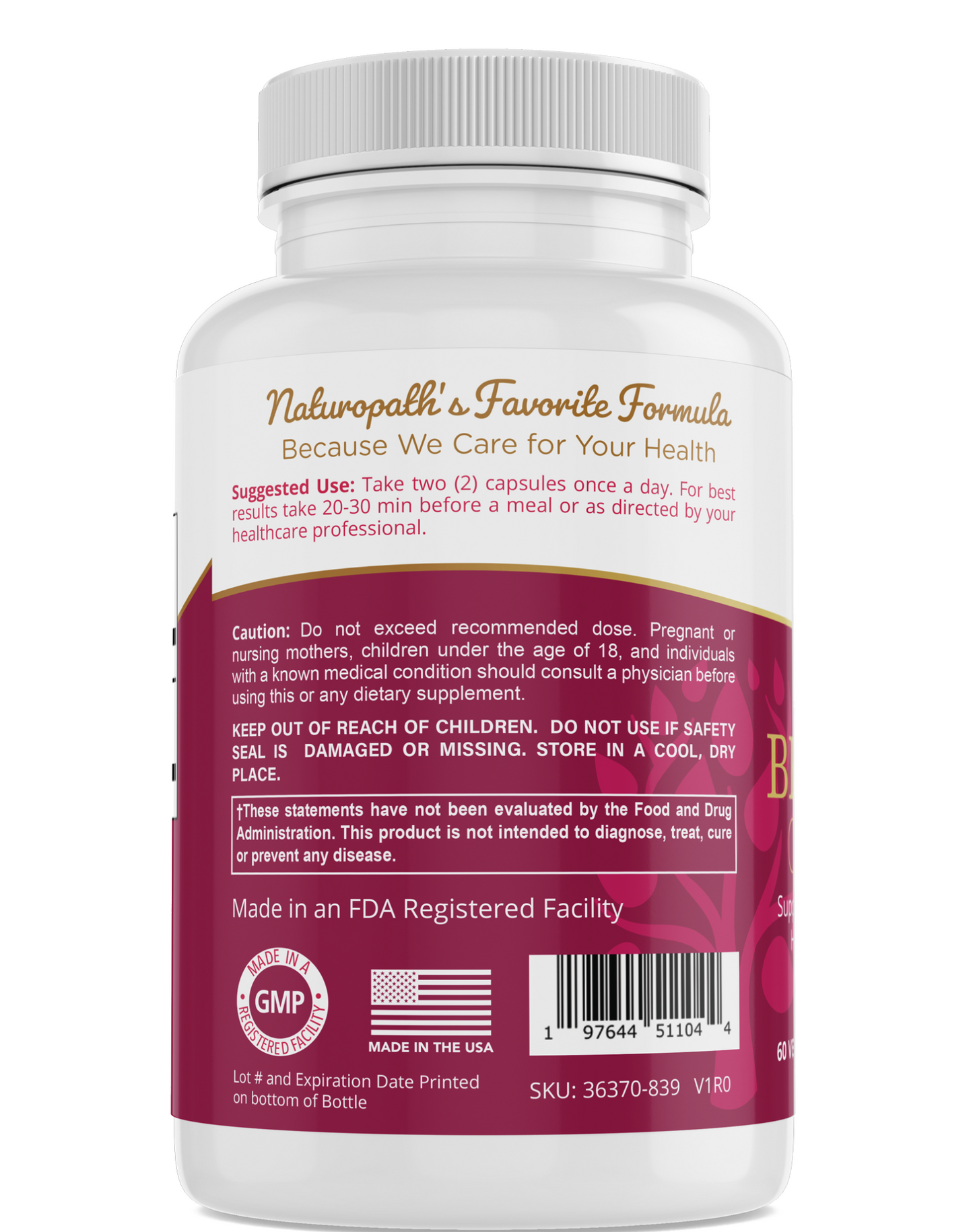


Did you know that beetroot is one of nature’s most nutrient-rich root vegetables? But unless you’re juicing or roasting it daily, you might be missing out on its full wellness potential.
Busy schedules and poor nutrition can leave you feeling sluggish. Beetroot offers natural compounds that support steady energy throughout the day.
Your body depends on healthy blood flow to feel its best. The dietary nitrates found in beetroot can help support healthy circulation.
Lack of fiber can affect how your digestive system feels and functions. Beetroot naturally contains fiber to help support digestive balance.

With 1300mg of nutrient-rich beetroot, this vibrant superfood supports healthy blood flow, cardiovascular function, and overall vitality while delivering powerful antioxidant and anti-inflammatory benefits.

Here's What Users Have to Say
Support healthy circulation and natural energy levels.
From beetroot to support muscle and nerve function.
Helps promote digestion and regularity.

To help the body handle daily oxidative stress.
Supports cell development and overall nutrient balance.
Helps maintain your wellness from a whole-food source.

Beetroot Capsules are a natural way to support your overall wellness using one of nature’s most nutrient-dense vegetables. Below are answers to the most common questions.
They’re made from premium beetroot extract, providing vitamins, minerals, fiber, and naturally occurring nitrates.
Beetroot contains compounds that help support natural energy without the use of caffeine or stimulants.
No. Our capsules are free from artificial colors, flavors, and common allergens.
They may assist your performance by supporting stamina and circulation during exercise.
Yes, beetroot pairs well with most wellness products. Be sure to check with your doctor if combining with other iron-containing supplements.
They can be taken at any time of day, though many prefer to take them in the morning to support energy throughout the day.